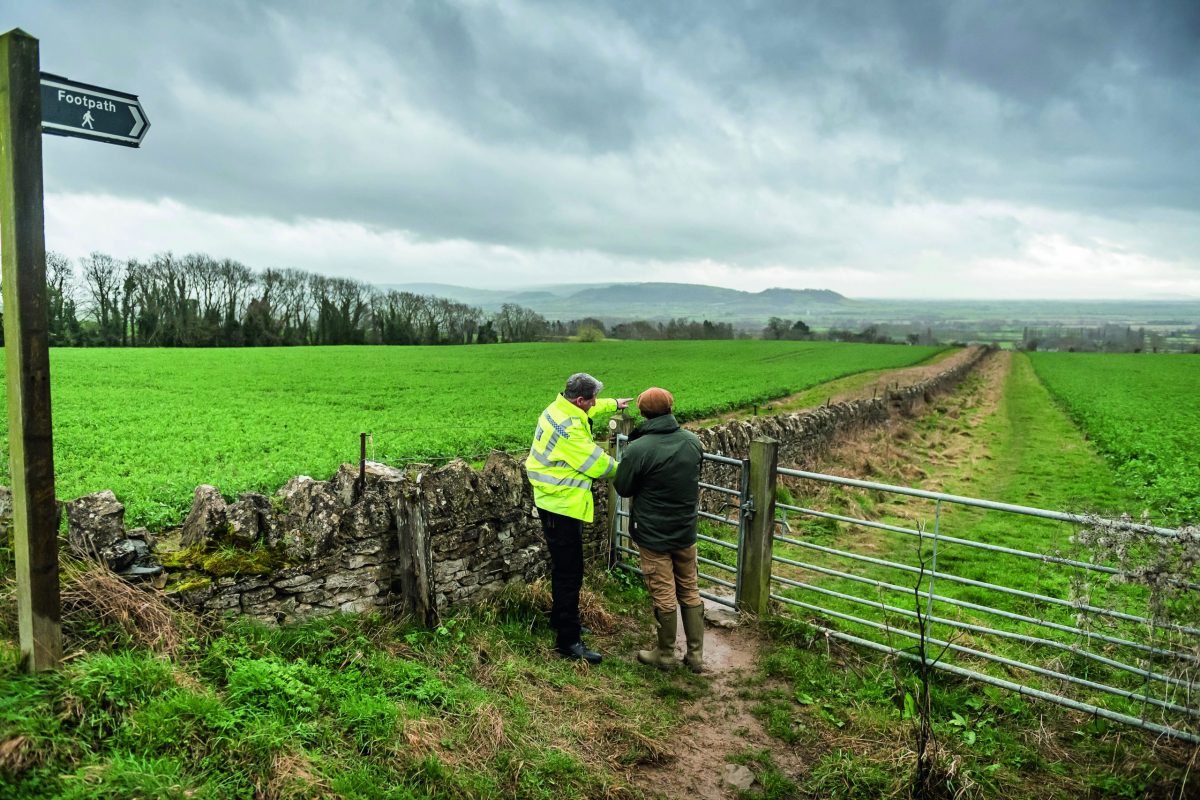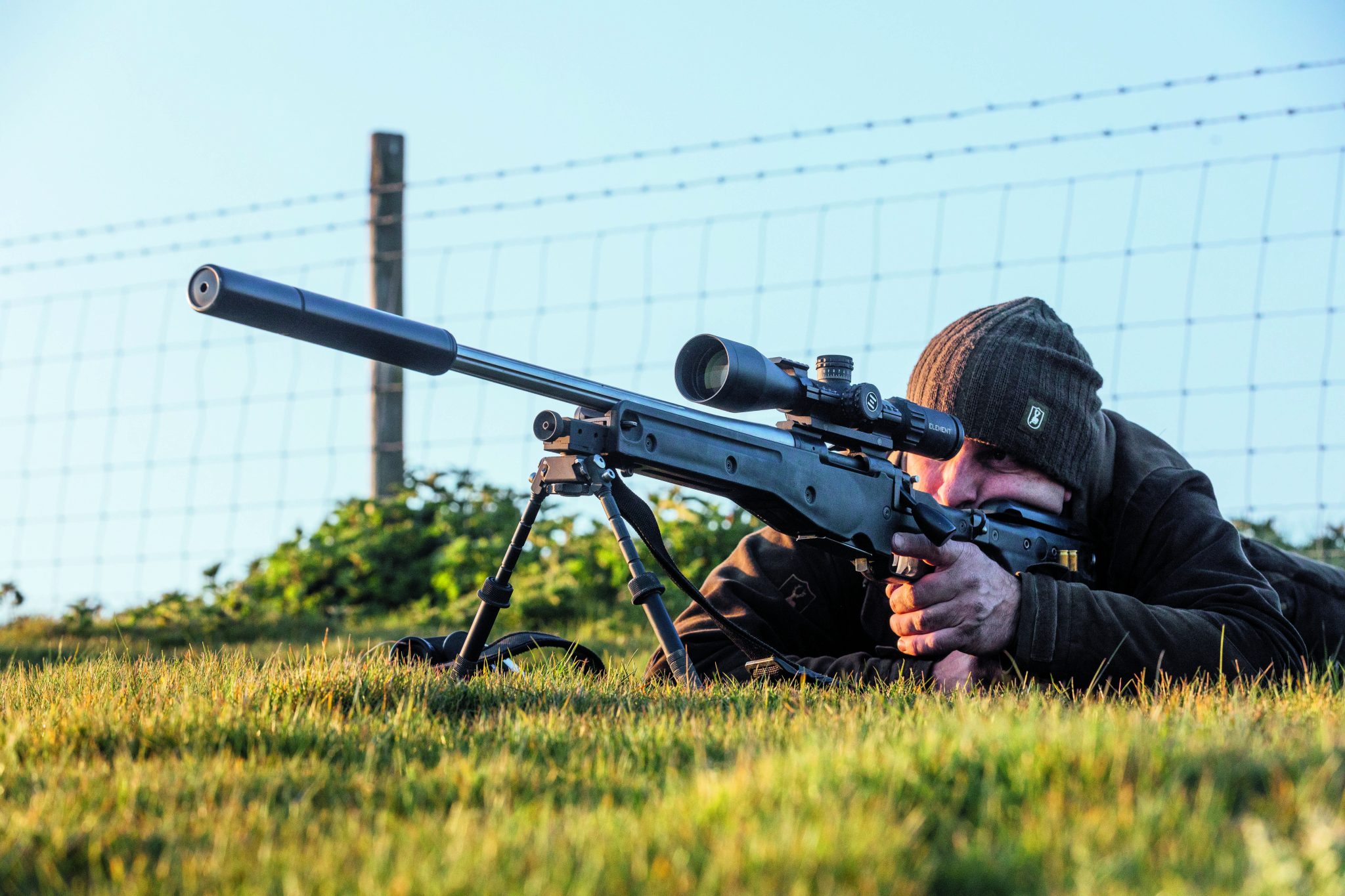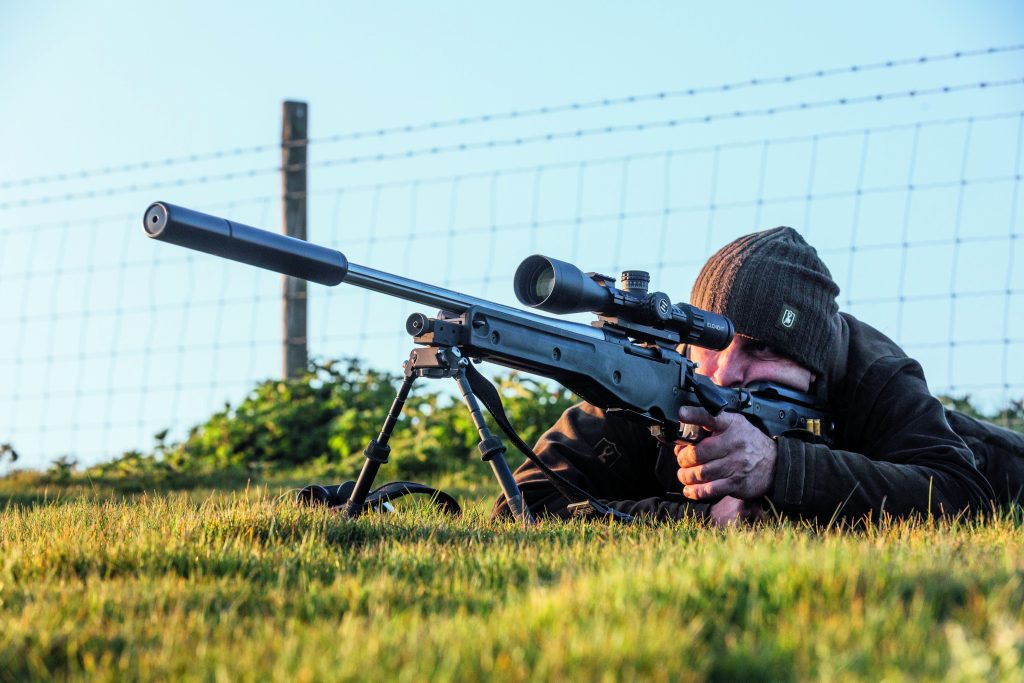News
Rural crime – the progress being made and challenges still ahead
Would you like to speak to our readers? We offer sponsored articles and advertising to put you in front of our audience. Find out more.
A couple of weeks ago I attended a rural crime seminar, which was organised by a very driven West Mercia police sergeant from our local Safer Neighbourhood Team (SNT). The aim of the meeting was to improve further the relationship between the SNT and rural businesses, and to raise awareness of their ongoing crime prevention tactics and the importance of reporting incidents.
Rural crime is nothing new and it is easy to fall into the trap of assuming things are getting worse, when things are simply not getting any better. There have been incidents here for as long as I can remember; thankfully, not a huge number and we are far from the levels of rural crime being experienced by some of my gamekeeping colleagues whose estates border large towns, but it is enough to take the edge of things.
We do spend a huge amount of time and a not inconsiderable amount of money securing and marking property and machinery. And this is on top of the patrolling of our own hotspots that we undertake at night.
Headway being made on rural crime
The speakers at the seminar were keen to point out that local knowledge and the reporting of incidents is the police’s number one source of information, and that without it they would be struggling to make any headway at all. Which is rather ironic, as it is often the overly long way we have to go about reporting them that puts people off from doing so in the first place. It is chicken-and-egg scenario if ever there was one.
The victims of crime fail to report them because they feel it will bring little in the way of results, and the police officers who are trying their very best to catch the people responsible for these rural crimes are being starved of information because of the lack of reporting.
I am sure we have all been there. With a minor incident, or evidence of an incident where the perpetrators are long since gone, our options are either calling 101 to report it to get an incident number, reporting it online when we have the time or doing nothing about it because we are too busy and can’t be bothered to make the call. We know that phone call is going to take us upwards of 30 minutes to sort out and that the likelihood of an in-person follow-up from a police officer is quite small.
What the police officers I spoke to at the meeting were at pains to point out was the importance of the reporting. They explained how the reporting process paints a picture of what was happening and where, and how the reports and incidents shaped the allocation of resources and funding.
In their defence, they were equally frustrated at the reporting process, but they better understood the reasons why it is so long and drawn out. Crimes need logging, and crimes need numbers allocated to them so they can be referred to and searched for by officers other than the ones who were originally involved in the case. It is all understandable, but no less frustrating when you are stuck on hold and want to get on with your day.
Both Shropshire’s wildlife crime officers were at the meeting, which was great. Crimes such as coursing and poaching are often overlooked when people talk about rural crime, as is the link between organised coursing gangs, night-time poaching and other rural crimes. The theft of machinery and power tools is the most common.
These two officers were as keen as mustard and really seemed to know their stuff. A local estate owner who was there was privately singing their praises, telling me how they have revitalised his local farm and poacher watch groups and how they have already started to make a difference. Incidents are getting fewer, farmers, keepers and people connected to rural businesses are feeling heard and are reporting crimes and suspicious activities. And as a result, the wildlife crime officers have a number of new cases going to court.
The revitalisation of our local rural crime groups was long overdue and I think West Mercia’s rural crime seminar was the kick-start it needed. I am in the process of organising a meeting for local keepers, and I know a number of other similar meetings are in the pipeline.
Credit should always be given where it is due. Shropshire’s rural policing team have taken the initiative and deserve a pat on the back.
Related articles
News
Anti-grouse shooting petition crushed by MPs who don't even shoot
Wild Justice's petition to ban driven grouse shooting was quashed in Westminster Hall yesterday, with all but one MP opposing the ban
By Time Well Spent
News
A sound decision as moderators to be taken off licences
The Government has finally confirmed what the shooting community has long argued – that sound moderators should be removed from firearms licensing controls
By Time Well Spent
Manage Consent
To provide the best experiences, we use technologies like cookies to store and/or access device information. Consenting to these technologies will allow us to process data such as browsing behavior or unique IDs on this site. Not consenting or withdrawing consent, may adversely affect certain features and functions.
Functional Always active
The technical storage or access is strictly necessary for the legitimate purpose of enabling the use of a specific service explicitly requested by the subscriber or user, or for the sole purpose of carrying out the transmission of a communication over an electronic communications network.
Preferences
The technical storage or access is necessary for the legitimate purpose of storing preferences that are not requested by the subscriber or user.
Statistics
The technical storage or access that is used exclusively for statistical purposes.
The technical storage or access that is used exclusively for anonymous statistical purposes. Without a subpoena, voluntary compliance on the part of your Internet Service Provider, or additional records from a third party, information stored or retrieved for this purpose alone cannot usually be used to identify you.
Marketing
The technical storage or access is required to create user profiles to send advertising, or to track the user on a website or across several websites for similar marketing purposes.





